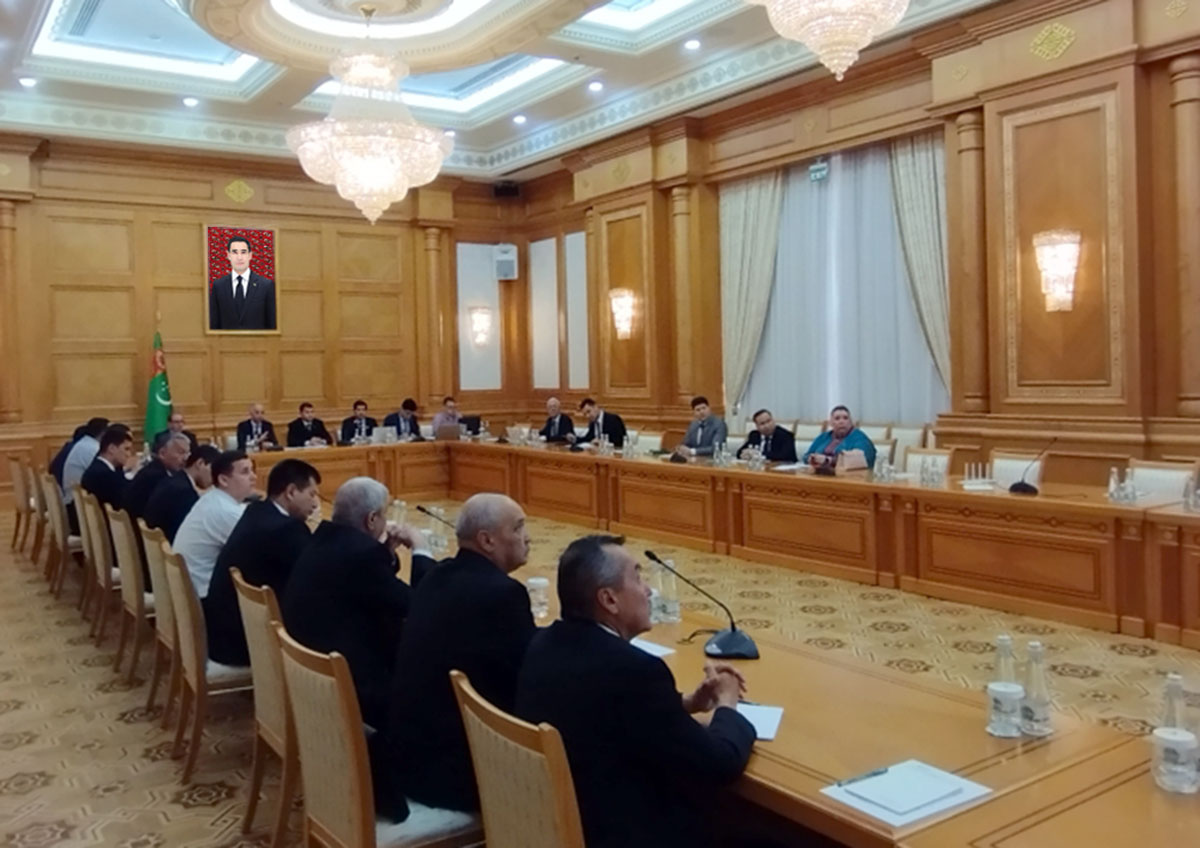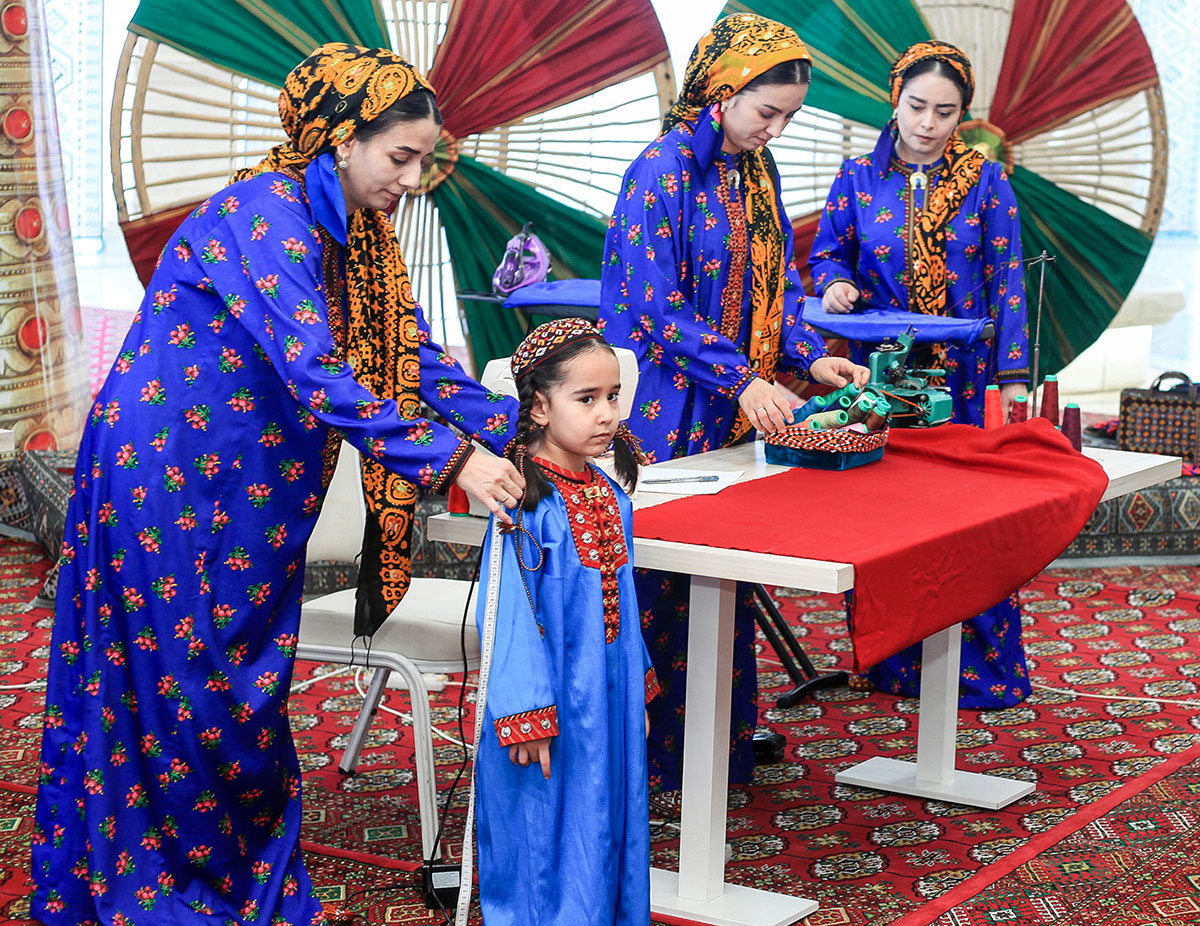An interdepartmental meeting concluded a series of trainings as part of the visit to Turkmenistan of the delegation of the Food and Agriculture Organization of the United Nations (FAO), which was taking part in the implementation of the project “Support for the creation of a digital land cadastre” jointly with the Ministry of Agriculture of Turkmenistan.
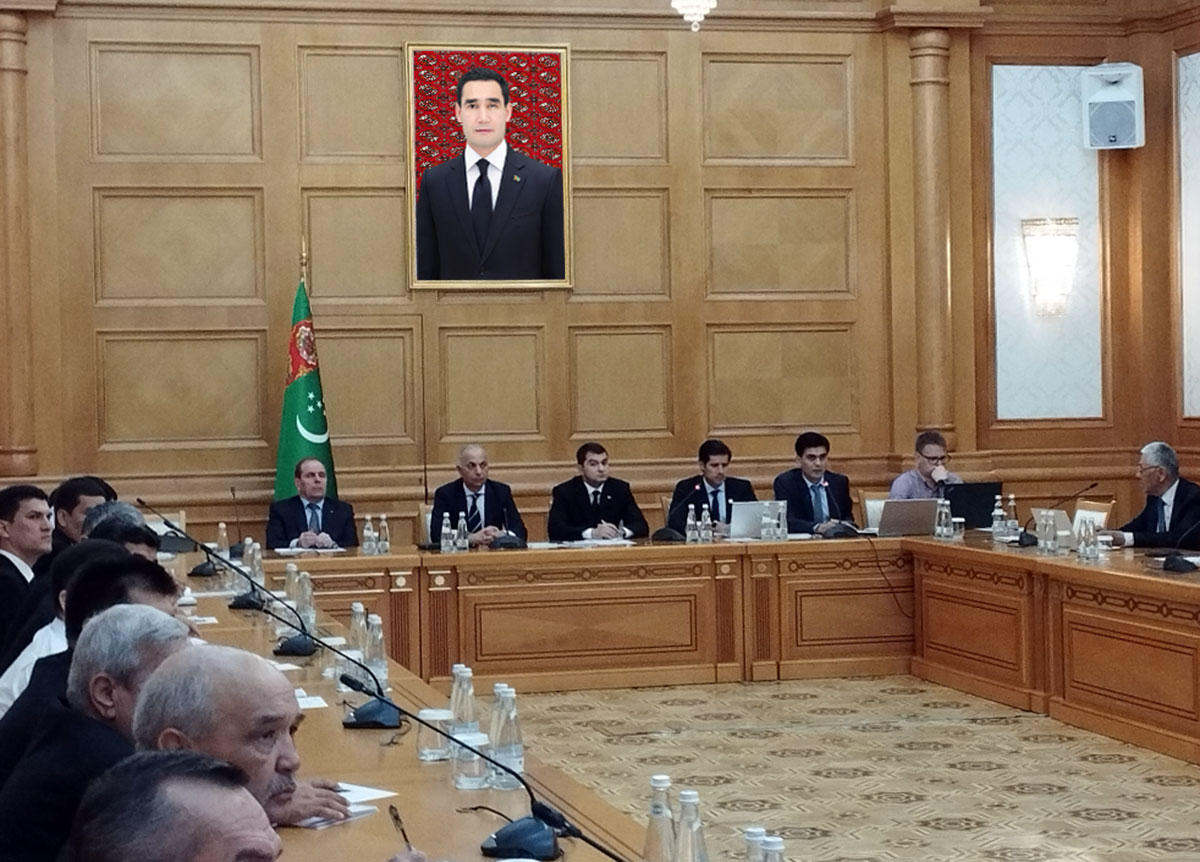
Training seminars were organized for employees of a number of government institutions – land managers, specialists in state accounting and land valuation of structural divisions of the ministries – agriculture of Turkmenistan, adalat (justice), defense, as well as teachers of the S.A. Niyazov TAU and the ANT Technology Center. The delegation’s visit lasted for the entire working week from April 15, and also included meetings with the leadership of the agricultural department, field trips for demonstration measurements in Ahal velayat, including within the historical and archaeological monument of Old Nisa.
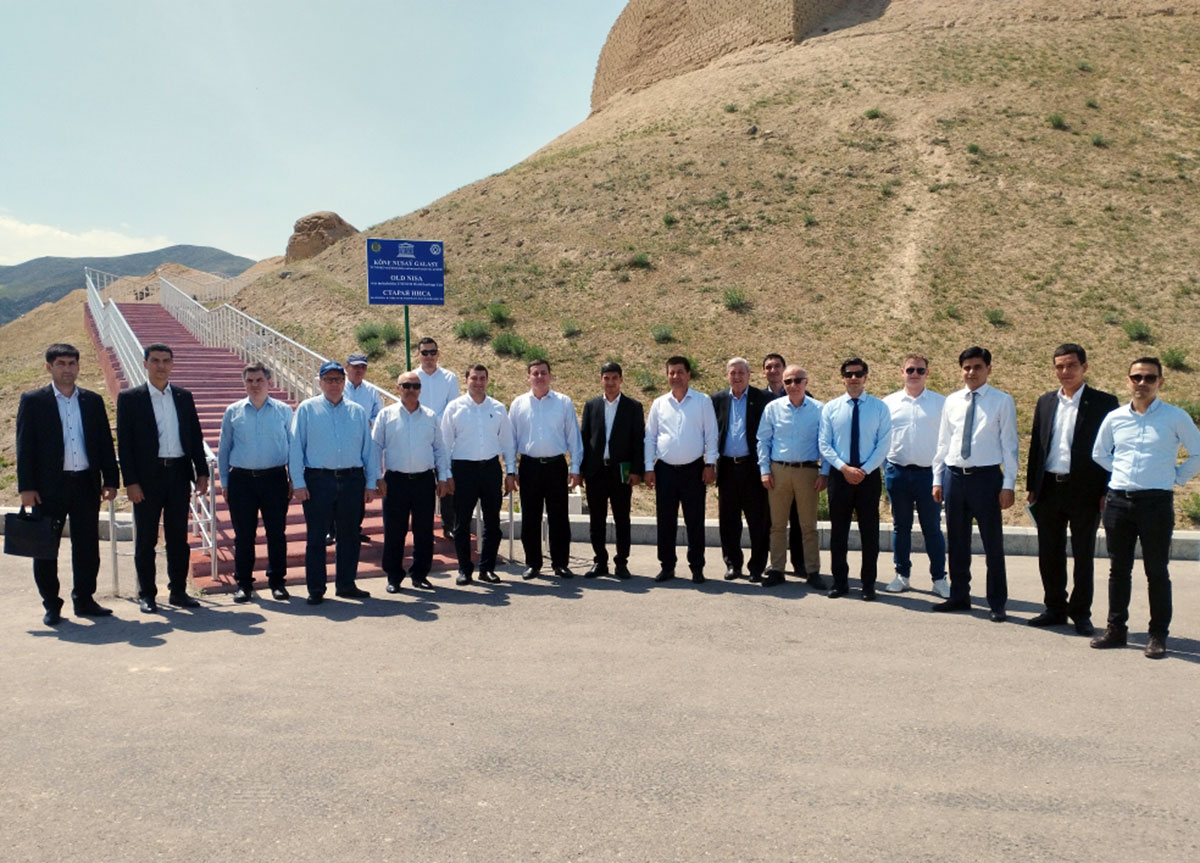
The digital reformatting of land relations, and at the same time the retraining of domestic specialists, began in 2018, along with the adoption in Turkmenistan of the concept of development of the digital economy in 2019-2025 and the subsequent approval of a similar state program for the period 2021-2025, which covered the agro-industrial complex, including maintaining the land cadastre. Over the past time, a huge amount of work has been done: geolocation stations with a main server in the capital of the country have appeared in all velayats, geodetic surveys are carried out using remote sensing equipment, and the information obtained forms the basis of the digital cadastre of Turkmenistan’s lands.
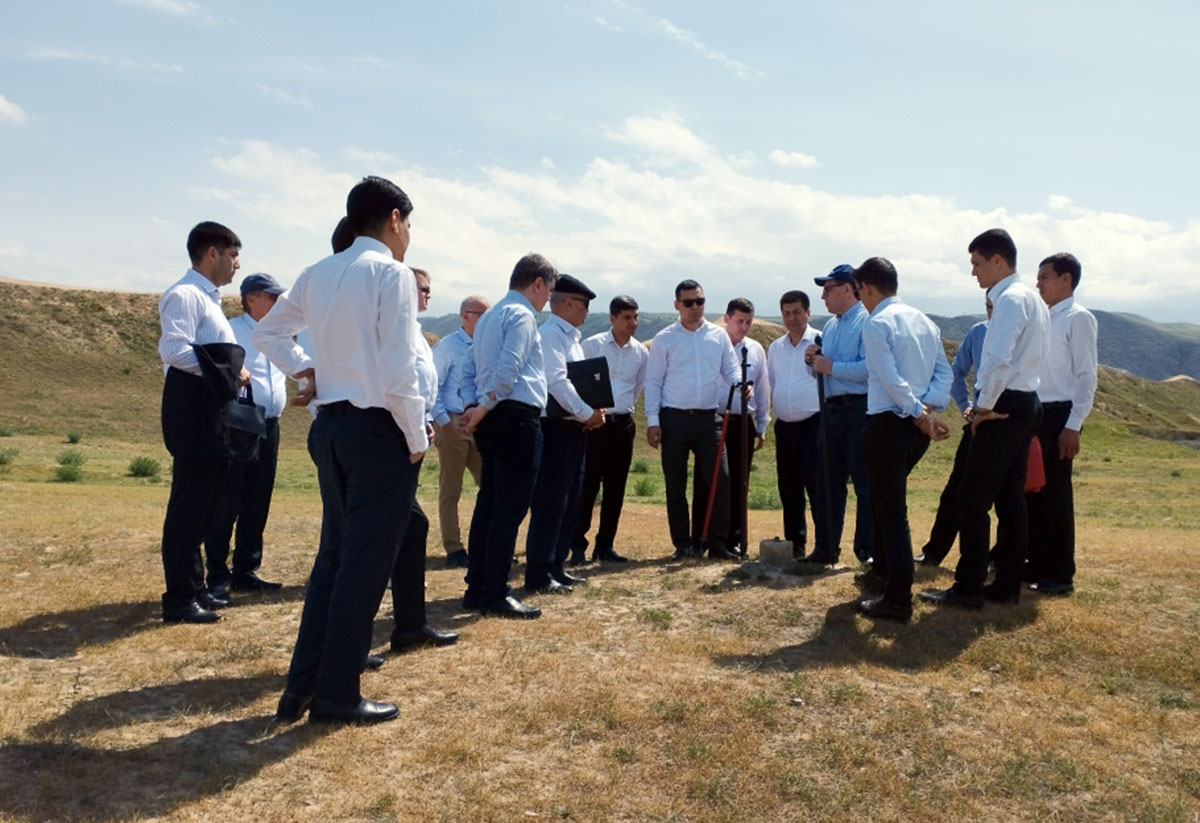
“The transfer of land management activities to the electronic field becomes important for our country. and it is being carried out jointly with the Ministry of Justice of Turkmenistan with seven state register services per region, plus for Ashgabat and Arkadag cities,” says the head of the department of land cadastre and GIS technology management Land Resources Service of the Ministry of Agriculture Govshut SHADURDIYEV. – The cadastre also facilitates, including, to the development of fair and lawful taxation measures, dividing lands according to economic assessment and soil composition, location, and proximity to sources of irrigation. Let us remind that land in Turkmenistan belongs to the state, and there are various forms of use in the country.”
The lecturer of the meeting was an expert on land resources of Georgia, Doctor of Social Sciences David EGIASHVILI, who was engaged in land management in his Homeland, and then in other countries, and has been collaborating with Turkmen colleagues for the last two years. He noted that out of a hundred problems, 99 are homogeneous for each state. The lecturer has outlined the components of the cadastre, institutional methods for bringing together many different documents, starting with inventory, licensing, registration, spoke about designing and setting up a database, maintaining the accuracy of geospatial data, emphasizing that absolute quality of information does not exist already because satellite equipment when reading the uneven earth’s surface creates inaccuracies, so the information is repeatedly checked “from different angles.”
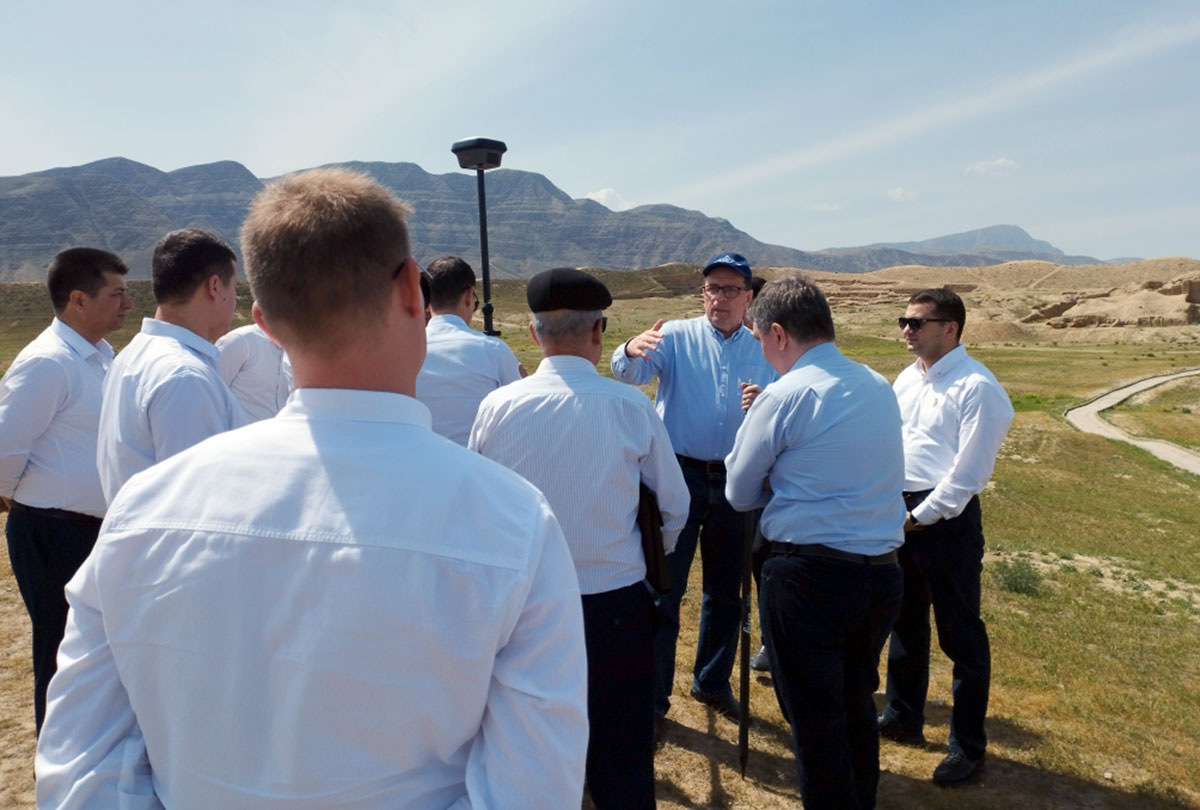
Associate Professor of the Kazan Federal University (Russian Federation), specialist in the field of geodesy and cartography Renat ZAGRETDINOV presented in detail examples of the provision of land to certain categories of citizens who are parents of many children, where a simplified fork for tax registration, entry into rights, issues of digital reservation from living space to parking space is used , resolution of land issues in the private sector, legal scope of application of certain legislative acts in Russia.
The need for parallel availability of paper and electronic archives in modern conditions with global digitalization was also discussed.
The high level of professionalism of the FAO lecturers allowed everyone present to deeply understand the subject, the communication turned out to be mutually interesting, and a lot of time was provided for the question-and-answer format. Also members of the current FAO mission were electronics engineer Eugen Rosca (Moldova) and Bradley Paterson (Canada), who at the end of the project will make recommendations to help the process.




